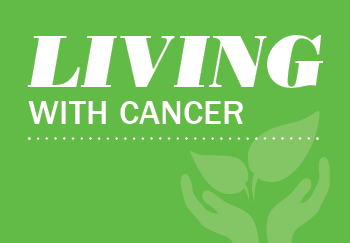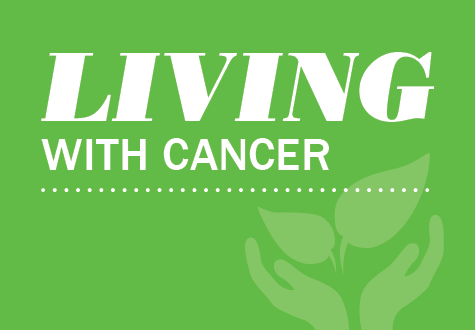
The first phase of the cancer treatment is the planning. This process takes into account the results of your scans, your medical history and details about your specific type of cancer. Your doctors review this information and map out the best treatment for you. This plan is, however, adaptable. UVA Cancer Center oncologist, Christiana Brenin, MD, explains that the specific type of chemotherapy (or other treatment) you get will depend on a number of variables, such as how fast the cancer is growing and how far it’s spread. If your first option doesn’t pan out, the American Society of Clinical Oncology recommends talking to your doctors about whether another plan is viable.
When to Think About Chemo Not Working
When changing your plan, Brenin explains there are two primary considerations: whether your treatment is working and how well you’re tolerating it. You may stop chemotherapy because you find the pain or side effects unbearable compared to the effectiveness. Treatment plans can be adjusted to accommodate your priorities. “We don’t just give therapy. We’re there to take care of the patient no matter what. Patients shouldn’t worry about being taken care of if they choose to stop taking therapy, ” says Brenin. “Our job as oncologists is to educate you about your choices and to be there for you no matter what choices you make for yourself.”
Patients nearing the end of life can work together with their doctor to discuss their priorities concerning length and quality of life. Some people prefer to stop chemotherapy in the hope that they will have a higher quality of life. Other people want to extend life for as long as possible, perhaps to a specific milestone or event like a wedding. Doctors take these preferences seriously when making adjustments to the treatment plan. If your new plan means stopping chemotherapy, that doesn’t mean all treatment ends. Palliative care, which focuses on your comfort and well-being, will continue as long as you need and want it.
These conversations around stopping chemotherapy and end-of-life care can be difficult. Brenin says she tries to introduce the topic early, so it’s not shocking. And throughout the conversation, rather than focusing on what you’re not doing, she suggests you focus on what you and your team are continuing to do.
Clinical Trial Options
Find out more about the many clinical trials conducted here at UVA.
How to Handle Your Emotions
Dealing with a new treatment, or deciding to cease treatment, can bring up new emotions for you. It’s important to discuss your anxieties with both your medical team and support system. Adopt new stress relief techniques, such as journaling, coloring or knitting, to find an outlet that isn’t related to your cancer. It may help to do a few logistical things, such as file for your will or map out a schedule for your new treatment plan. Make sure to go to your doctor’s appointment with all your questions and concerns listed out. If you find your new worries and sadness are too much to handle, you can talk to counseling or seek out a therapist.
If one treatment doesn’t work, there may be other treatments available, so don’t give up hope. There are many types of chemotherapy, as well as immunotherapy and targeted therapy that might be used, along with surgery and radiation. There are also clinical trials. Your doctor can help you find clinical trials relevant to you.
